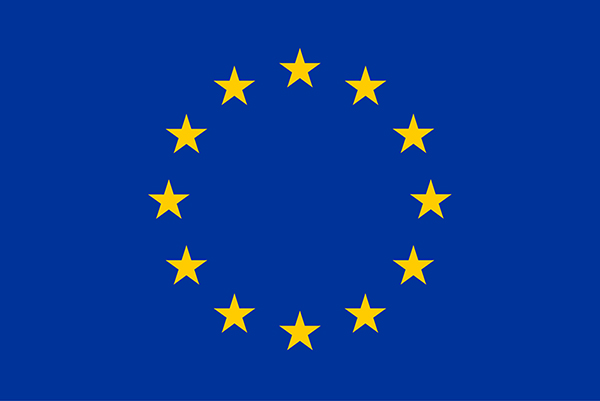REPRODUCTIVE HEALTH UNDER ALGORITHM SURVEILLANCE

THELMA is an innovative mixed method and interdisciplinary research project combining theoretical legal analyses and biopolitics theory with social science methods to collect data about the Femtech industry, the tech industry focused on women’s health and well-being, mainly end-users’ experiences. THELMA’s critical analysis of this industry will contribute to developing an EU regulatory framework for Femtechs based on interdisciplinary, intersectional, and gender-sensitive approaches. The research findings will also result in the co-creation of educational material for the general public informing about the risks of sharing fertility data. It is expected that NGOs, activists, and associations on rights protection spread this material worldwide.
Fertility data can be misused to increase women’s inequalities, affect their reproductive autonomy, and violate their rights. The THELMA project will explore such impacts on women’s rights due to algorithm surveillance in reproductive health by Femtechs, which can provide statistical analyses enough to control fertility on a mass level. Several concerns about this industry have been reported in scientific studies: gender biases; enforcement of gender binary stereotypes; sharing users’ data with third parties without consent; data collection for profit and advertising; unwanted pregnancies, etc. Nevertheless, the hidden power dynamics influencing the use of fertility data, which have complex impacts on women’s rights due to their social, economic, and political value in generating human capital, have yet to be examined.
THELMA is supported by the Marie Skłodowska-Curie Actions (MSCA) programme of the European Commission and led by Luana Mathias Souto, an MSCA postdoctoral researcher at GenTIC. The main objectives of the project include the following activities:
- Map the emerging Femtech industry and its applications: create a comprehensive definition of Femtech companies that covers legal, biopolitical, sociological, and healthcare aspects. This includes categorizing apps focused on women’s health and reproductive rights and identifying key companies in the Femtech industry.
- Develop an impact pathways model for Femtech: assess the benefits, challenges, risks, and potential rights violations of Femtech for women in the EU through surveys, interviews, and app reviews. Additionally, the project will examine EU legal and policy frameworks related to health and data protection to understand how these frameworks impact the use of Femtech.
- Outline a regulatory/legal framework for user empowerment and social change: propose a gender-sensitive, social justice-oriented, and transnational regulatory framework for the Femtech industry by co-creation/participatory reports developed with stakeholders’ workshops, and develop open access strategies to promote community engagement on women’s reproductive rights information and Femtech end-user empowerment.
The research findings will enrich the current state-of-art on fertility data and digital surveillance in the EU with end-user experiences as focal points. Follow the THELMA project activities and stay tuned for its scientific achievements in this blog.
Funding organisation: European Commission, Marie Skłodowska-Curie Actions (MSCA), Horizon Europe.
Start date: 1 September 2024 – End date: 31 August 2026
Principal Investigator: Luana Mathias Souto (GenTIC – UOC)
Funding body:

This project has received funding from the European Union’s Marie Skłodowska-Curie Actions (MSCA), Horizon Europe research and innovation programme under grant agreement No 101149321.
Related links:
2024, October 22. UOC News. How to protect women’s rights from the surveillance risks of fertility apps. Interview with Luana Mathias Souto at UOC News about the THELMA project.
2024, October 22. Aragón Radio – La Cadiera. Interview with Luana Mathias Souto about the THELMA project and how to protect women’s private data in fertility apps (audio, min. 00:10:00).